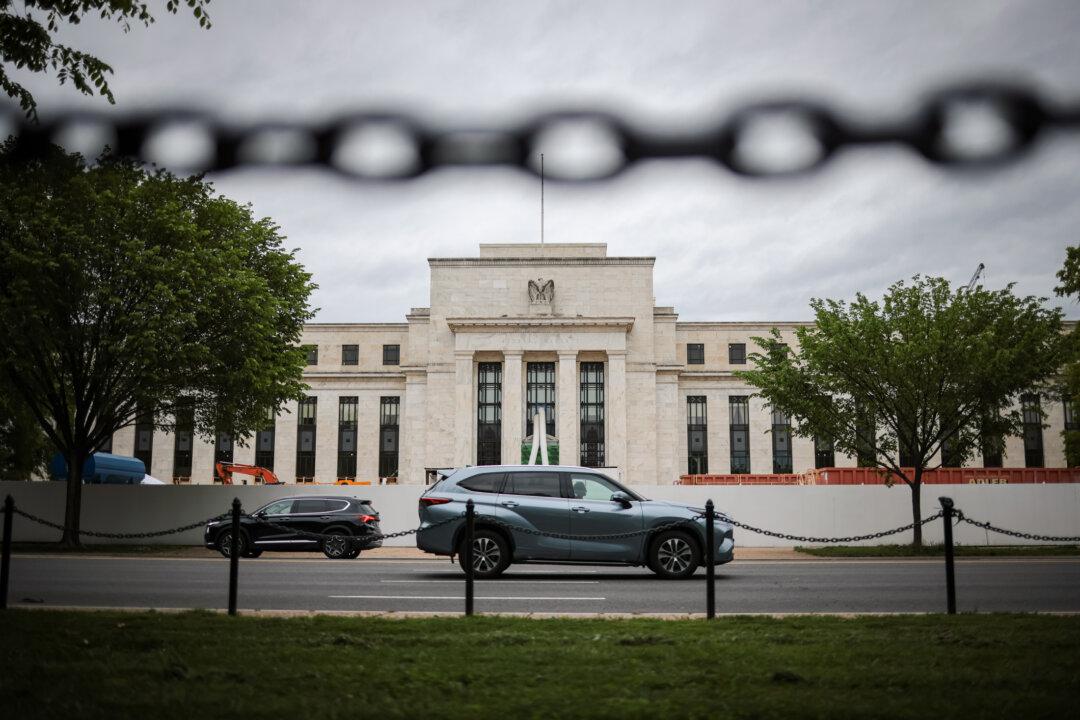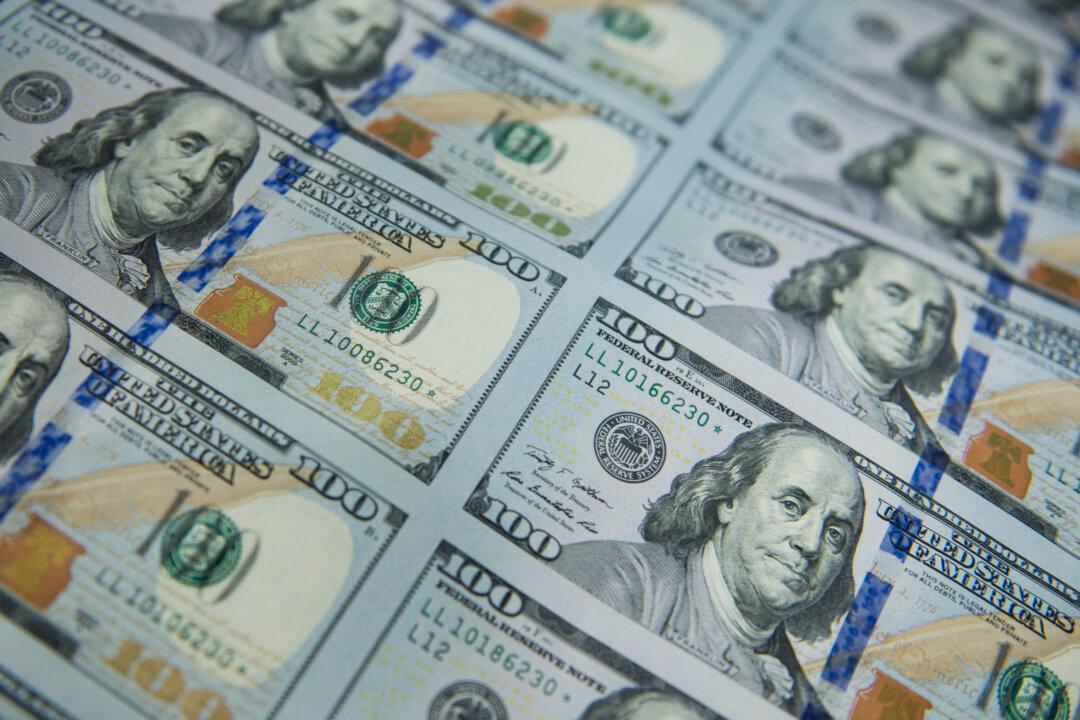There is a belief that if former President Donald Trump becomes the U.S. president again, then the fiscal situation will worsen. It is not hard to evaluate this by looking at the monthly fiscal data. former President Trump was in office from January 2017 to January 2021, but it is only fair to evaluate until February 2020, when COVID-19 started to raise its head. It is not hard to freely retrieve the Federal receipts and outlays data from the U.S. Treasury. We will not normalize them by comparing them with GDP, for it is not directly controlled by the government.
The result is interesting. In his first 2⅓ years of office (until May 2019), the year-over-year (YoY) growth of Federal receipts fluctuated narrowly between minus 3 percent and 3 percent. But after this, until just before the outburst of COVID-19, the growth rate shot up to over 6 percent. For Federal outlays, in his first two years or so (till March 2019), the growth was below but close to 5 percent. After that, it mainly fluctuated between 5 percent and 10 percent. The rationale behind this may somehow be attributed to economics: real GDP YoY growth in 2019 accelerated from 1.9 percent in Q1 to 3.2 percent in Q4.





